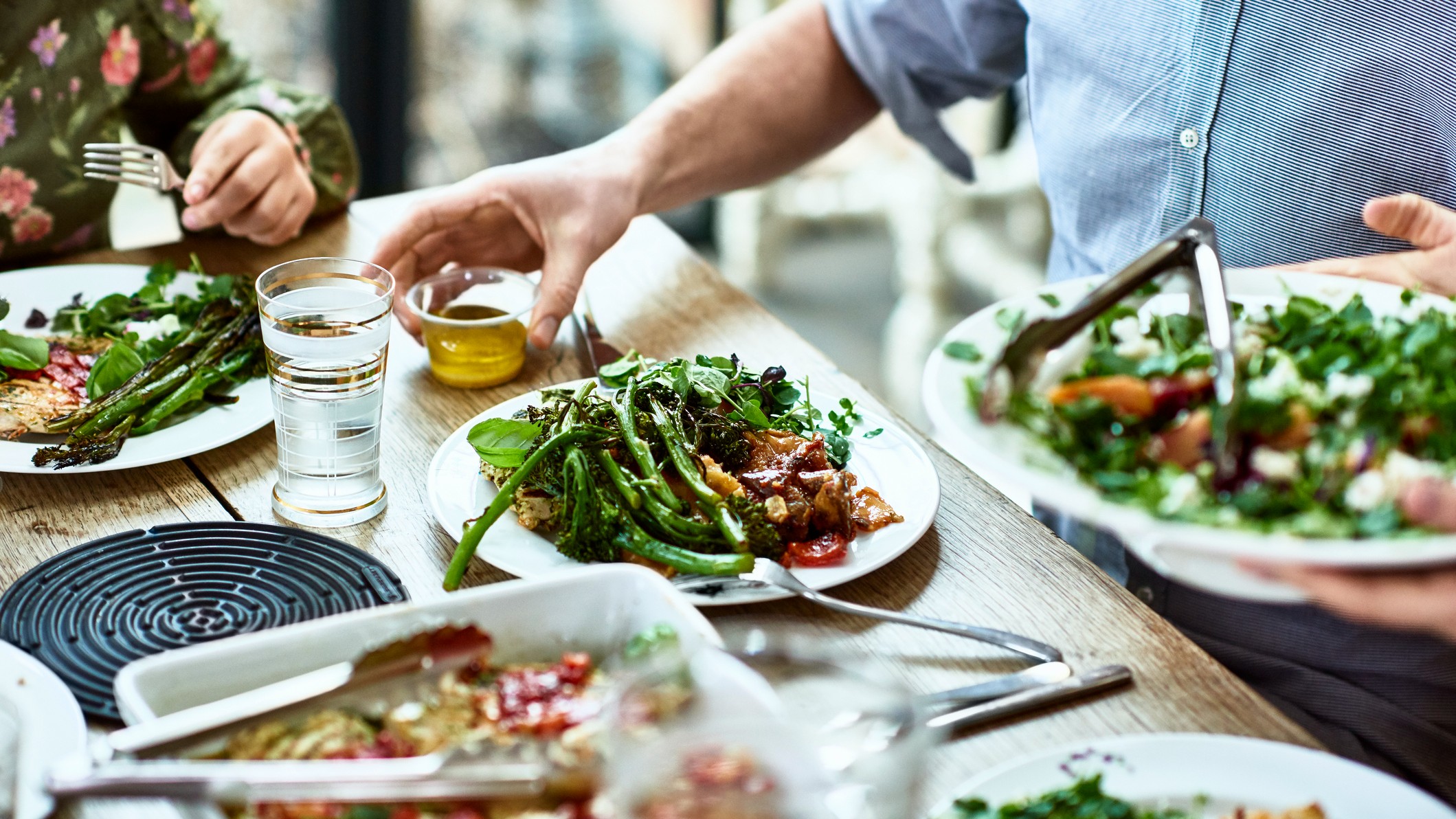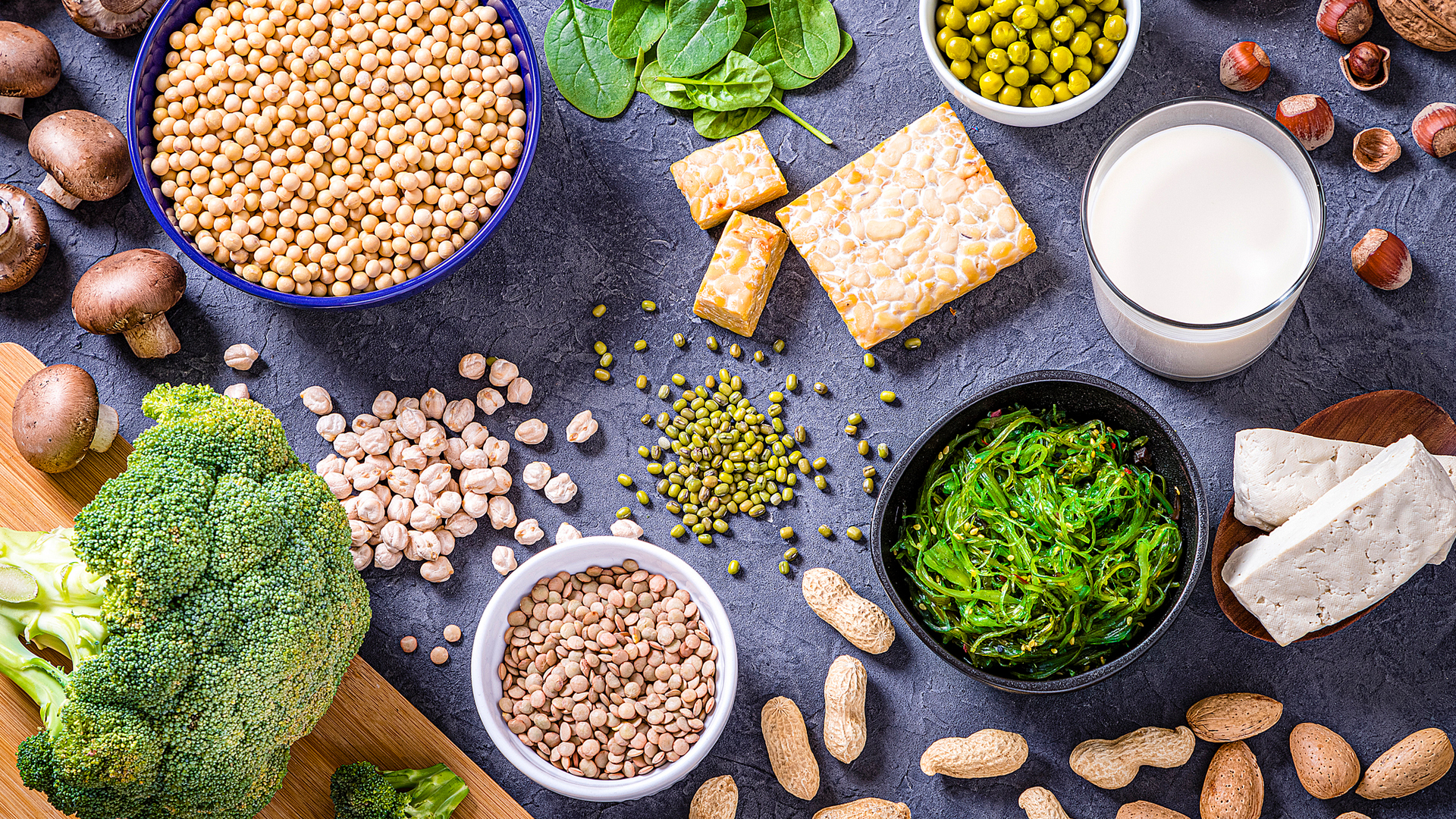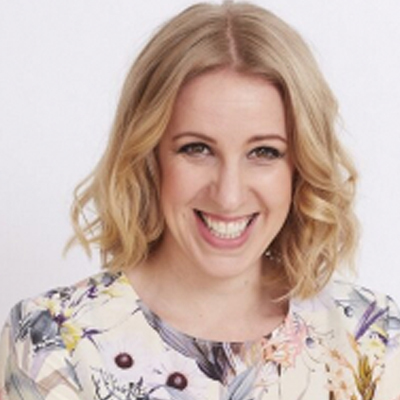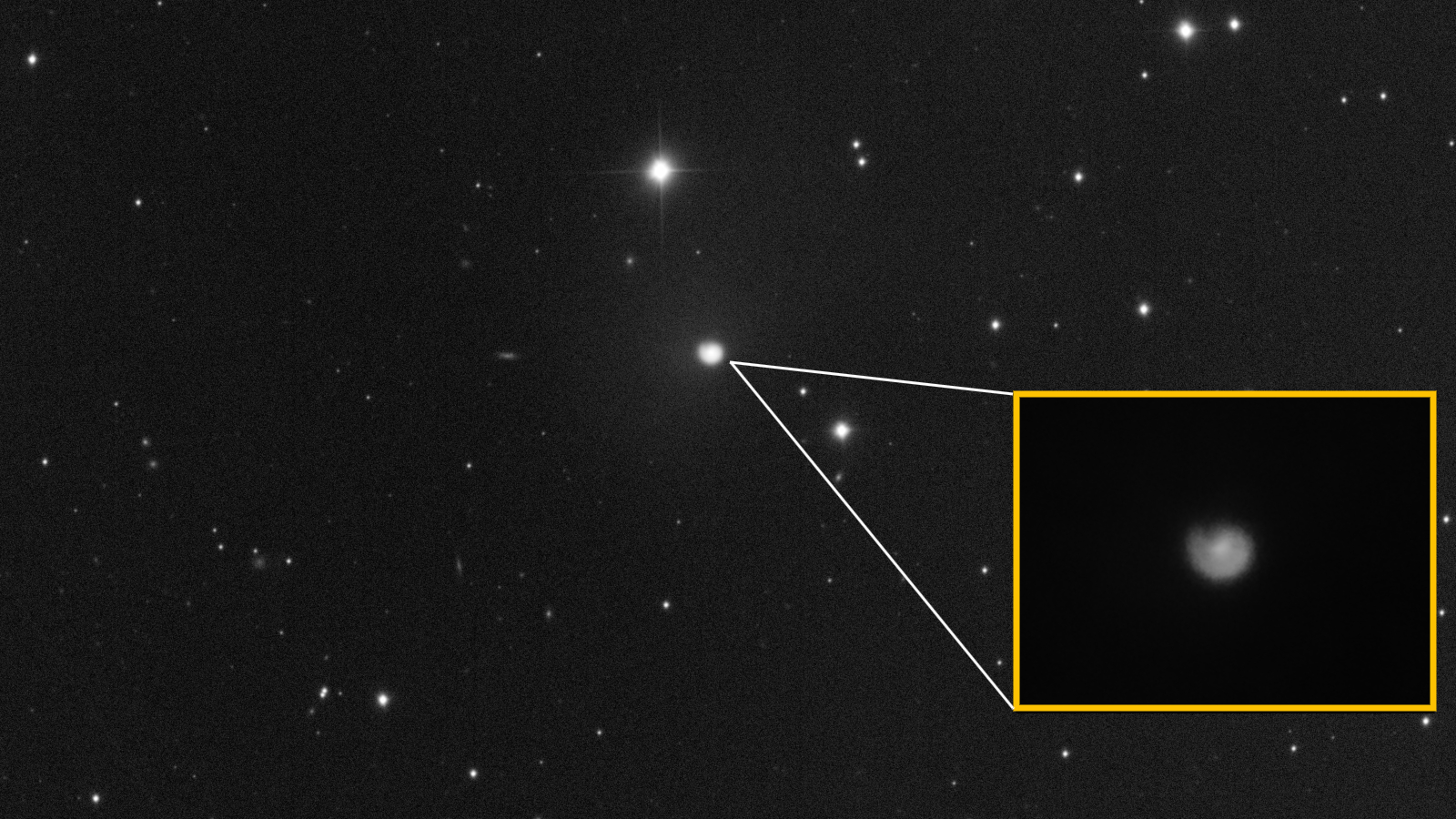How to follow a vegan diet for weight loss
Thinking about adopting a vegan diet for weight loss? We look at how a plant-based plan could help you to get lean

Get the world’s most fascinating discoveries delivered straight to your inbox.
You are now subscribed
Your newsletter sign-up was successful
Want to add more newsletters?

Delivered Daily
Daily Newsletter
Sign up for the latest discoveries, groundbreaking research and fascinating breakthroughs that impact you and the wider world direct to your inbox.

Once a week
Life's Little Mysteries
Feed your curiosity with an exclusive mystery every week, solved with science and delivered direct to your inbox before it's seen anywhere else.

Once a week
How It Works
Sign up to our free science & technology newsletter for your weekly fix of fascinating articles, quick quizzes, amazing images, and more

Delivered daily
Space.com Newsletter
Breaking space news, the latest updates on rocket launches, skywatching events and more!

Once a month
Watch This Space
Sign up to our monthly entertainment newsletter to keep up with all our coverage of the latest sci-fi and space movies, tv shows, games and books.

Once a week
Night Sky This Week
Discover this week's must-see night sky events, moon phases, and stunning astrophotos. Sign up for our skywatching newsletter and explore the universe with us!
Join the club
Get full access to premium articles, exclusive features and a growing list of member rewards.
Eating a balanced diet full of lots of fruit and vegetables is one of the best ways to stay well and maintain a healthy weight. So adopting a vegan diet for weight loss might appeal if you’re looking to drop a few pounds.
In fact, people who eat more plant foods tend to weigh less on average than those eating meat, dairy and eggs, according to one 2017 study. Substituting plant protein for animal protein has also been associated with lower mortality, according to another 2016 study.
Research also shows that reaching and maintaining a healthy weight could cut the risk of heart disease, as well as reducing blood pressure, cholesterol and the risk of developing type 2 diabetes. Being overweight can also lead to more aches and pains, issues with sleep, low energy and confidence.
So is a vegan diet good for weight loss? In this article we look at whether cutting out meat, dairy and other animal products can actually help you to drop pounds and get lean. Although remember – just because something is labeled vegan, doesn’t make it automatically healthy. Packaged foods, even if they are meat-free, tend to be highly processed and contain added sugar, fat and salt. If you want to lose weight on a vegan diet it’s best to avoid these, as they will derail your health goals. You can also check out our round-up of the best meal replacement shakes, which may aid you in your weight loss goals.
Vegan diet for weight loss: eat enough protein
What is protein? Protein is a macronutrient that is essential for growth and repair, as well as keeping us healthy. It can also help with weight loss because it boosts the metabolism and helps to keep the body full – meaning less chance of snacking on junk food or giving into sugar cravings.
Most adults need around 0.75g of protein per kilo of body weight per day. In practice, that’s about two portions of meat, fish, nuts or tofu per day. As a rough guide, a portion of protein should fit into the palm of your hand.

Nutritionist Jenna Hope explains that protein helps to increase satiety, also known as your feeling of fullness. “It can therefore keep you fuller for longer compared with carbohydrates and fats,” she says. “Additionally, protein requires more energy to break down, meaning less of the calories are absorbed."
Get the world’s most fascinating discoveries delivered straight to your inbox.
But do you need to eat meat to get protein? The answer is no, according to Hope.
"Protein from plant foods includes nuts, seeds, tofu and soy products, beans and pulses," she says. There are many great dietary sources of plant-based protein. And if you're not a fan of eating protein, you can drink it in the form of a vegan shake. “Vegan protein powders can be convenient ways to increase protein in the diet,” adds Hope. “However they are not necessary in order to obtain adequate amounts of protein. Additionally, they shouldn’t replace wholefood sources of plant based protein.”
New to protein powders? Check out our guide to the best vegan protein powder.
Vegan diet for weight loss: focus on filling fiber
“Fiber is a complex carbohydrate that we can’t digest and therefore the microbes in the gut feed off the fiber in order to grow and survive,” explains Hope. “As fiber isn’t digested further up in the digestive system like other foods, it takes longer to reach the gut and therefore keeps us fuller for longer too.”
For those trying to lose weight, eating fiber-rich, plant-based foods can help to sustain energy and keep you satiated for a longer period of time. And the great news is, fiber is largely found in plants which consist of a large part of a vegan diet.
“If you’re looking to lose weight you may wish to focus more on the lower energy fiber-rich plant foods such as beans, pulses, vegetables, fruits and wholegrains,” adds Hope. “However, don’t forget to incorporate nuts into the diet in moderate amounts as these are rich in healthy fats, which contribute to supporting brain health, joint health and hormone production among many other roles.”
A 2015 study found that eating 30g of fiber a day, without making any other dietary changes, could help with ‘significant weight loss.’
As well as boosting weight loss, fiber is great for the heart, gut health and digestion. However, most of us aren’t getting enough. The Dietary Guidelines for Americans recommend women eat at least 25g of fiber each day, with men consuming around 36g.
Vegan diet for weight loss: avoid processed vegan food
“There’s a common misconception that because a food is labeled as vegan it automatically means it’s healthy,” says Hope. “However, this isn’t the case and vegan foods can also be loaded with saturated fats and sugars. Therefore, if you’re focusing on health and weight you’re far better off consuming a diet focused around plants and wholefoods.”
She adds that if you’re going vegan from eating an omnivorous diet, you should be aware of higher risk nutrient deficiencies that can occur from excluding animal products on a vegan diet. “It is possible to obtain most of your nutrients but you do need to be more aware where they’re coming from,” she says. There are also many supplements tailored specifically to vegans and vegetarians.
Vegan diet for weight loss: check food labels
As with any weight loss plan, food labels can be a useful indicator of how much you’re eating. However, the best foods to choose are often the ones without a label at all, as they’ll be the least processed.
Hope also adds that weight loss is unique for every individual and often requires a whole host of measures to be aligned. “This includes diet, exercise, stress and sleep,” she says. However, when you’re looking at dietary components and food labels, ideally you want to aim for lower sugar foods – those that contain less than 5g of sugar per 100g; low saturated fat foods – less than 1.5g per 100g; and higher fiber foods – more than 6g per 100g.”

Those following a vegan diet can often be lacking in certain nutrients for good health too, including vitamin B12, calcium and vitamin D. Ensure you are eating a wide variety of foods, or supplementing where necessary.
Vegan diet for weight loss: skip refined sugar
Sugar is a major factor in weight gain because it’s high in calories and low in nutrients. Sugar is often hidden in the ingredients list and can be called several different names. Look out for anything ending in ‘ose’, including glucose, dextrose, fructose, sucrose, maltose, lactose and galactose – all of these are sugar. A good rule of thumb is if you’ve never heard of it or can’t pronounce it, you probably shouldn’t be eating it – especially if you are trying to lose weight.
“Sugar contributes to blood sugar spikes and crashes which drives our sugar cravings and the constant need for sugar to maintain energy,” says Hope. “You don’t have to cut sugar out altogether – this is often not sustainable in the long-term and you’re more likely to fall back into old habits. You’re better off minimizing your sugar intake and for the most part focusing on sweeter foods that are rich in fiber to hit your sweet tooth – for example, whole fruit.” Additionally, you can try combining a higher sugar food with a source of fiber to slow down the release of sugar into the bloodstream.
- Related: Which fruits are low in sugar?
Ultimately, says Hope, to reach your weight loss goals you need to find a diet that is right for you and that you can stick to. “Following a vegan diet is not necessarily a route to weight loss,” she adds. “The dietary composition, exercise, sleep and stress all play roles.
“A vegan diet is a more environmentally sustainable diet but does not necessarily mean you’ll lose weight. Furthermore, if you have a low fiber intake to start with, be careful to increase your fiber intake very slowly and over time to prevent gastrointestinal discomfort.”
If you're not ready to cut out all animal products completely, why not try a plant- based diet for beginners to help you change your diet safely?
- Related: Do vegans live longer?

Maddy Biddulph is a freelance health and fitness journalist with over 26 years of experience working for consumer media in the US and UK. As a Level 3 personal trainer and weight loss advisor she is used to trying out and reviewing the latest health and fitness products. At Maddy Biddulph Personal Training, she runs one-to-one and small group sessions, as well as group exercise classes. She specializes in mobility work with seniors and runs regular chair workouts in her hometown of Oxford.
 Live Science Plus
Live Science Plus










